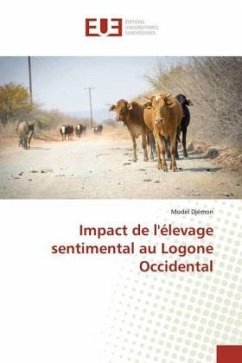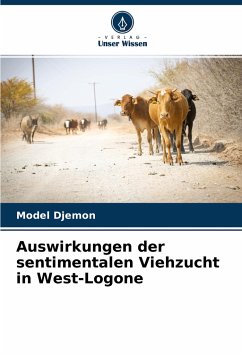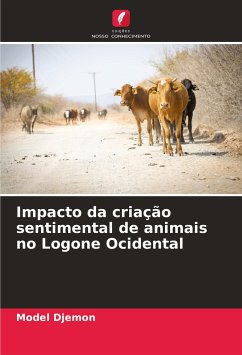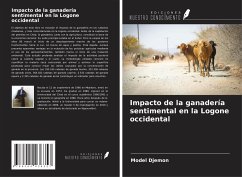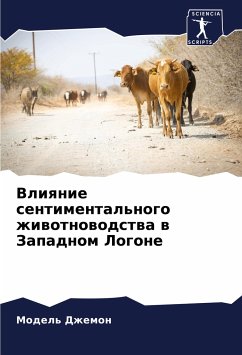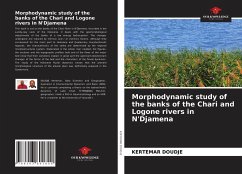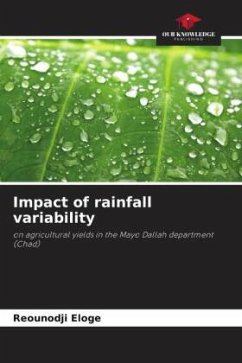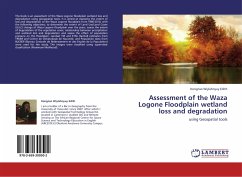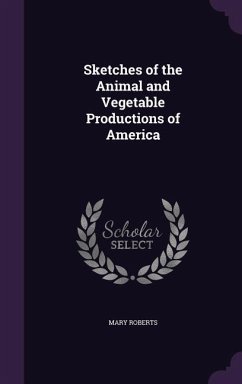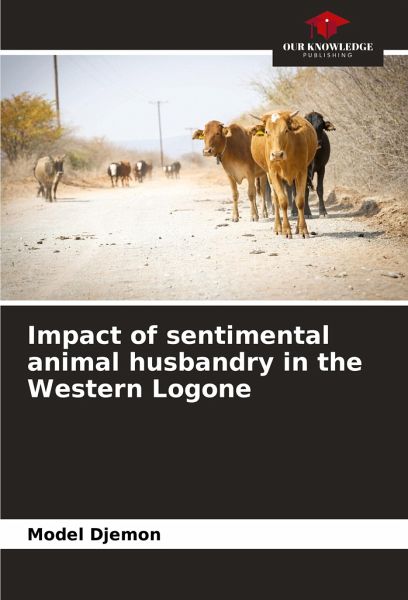
Impact of sentimental animal husbandry in the Western Logone
Versandkostenfrei!
Versandfertig in 6-10 Tagen
27,99 €
inkl. MwSt.

PAYBACK Punkte
14 °P sammeln!
The objective of this book is to study the impact of sentimental livestock in the Chadian savannahs, and more specifically in the Western Logone. Before the exploitation of oil in Chad, livestock farming, along with agriculture, formed the basis of the national economy. It was based primarily in the Sahel. However, the drought of the 1980s marked the beginning of a massive movement of transhumant herders towards the south, in search of water and pasture. This descent, even if it presents apparent advantages in the mutation of agricultural practices through the use of horse-drawn carriages, it ...
The objective of this book is to study the impact of sentimental livestock in the Chadian savannahs, and more specifically in the Western Logone. Before the exploitation of oil in Chad, livestock farming, along with agriculture, formed the basis of the national economy. It was based primarily in the Sahel. However, the drought of the 1980s marked the beginning of a massive movement of transhumant herders towards the south, in search of water and pasture. This descent, even if it presents apparent advantages in the mutation of agricultural practices through the use of horse-drawn carriages, it also marks the beginning of an environmental mutation. This study proposes to analyze the impact of pastoral activity on the vegetation cover and on the soil. The methodology used consists of quantifying the dry matter consumed per animal but also estimating the trampled surface to better understand the damage caused by the concentration of livestock in the province. The 332,165 head of cattle, 322,336 head of sheep, 364,022 head of goats, 2,532 head of horses and 2,325 head of donkeys constitute an indicator for us.



